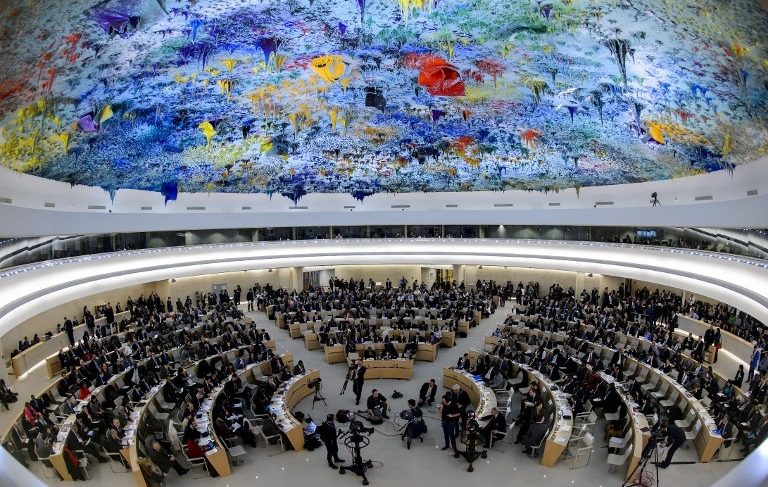On 28 October 2015, the United Arab Emirates won election to a second term on the UN Human Rights Council (HRC). According to Lana Nusseibeh, the Permanent Representative of the UAE to the UN, the UAE’s election represents “a milestone for the UAE’s diplomacy and a testimony from the international community of the great achievements made by a country that is small in size but large in its contributions to, and records in human rights.”
Despite Ms. Nusseibeh’s assertions, the international community has singled out the UAE multiple times in recent weeks for ongoing human rights abuses in the country. On 13 October, Human Rights Watch called on UAE authorities to immediately investigate credible allegations of torture against a group of Canadian, Libyan, and United States citizens who have been held in detention for over a year. Six of the men remain in incommunicado detention.
On 2 November 2015, the family of Canadian detainee Salim al-Aradi reported that UAE security officials had ordered his businesses to cease operations. The family believes the move came in retaliation for Salim’s daughter’s efforts to advocate for her father’s freedom. Family members of the detainees additionally report that Juan Méndez, the UN Special Rapporteur on Torture, has requested a visit to the detainees to investigate allegations of torture. The government has not responded to this request.
The UAE has faced international criticism for a number of other human rights abuses in the past year. Security forces have disappeared activists with impunity, including the prominent activist Dr. Nasser bin Ghaith, who has not been heard from since 18 August 2015, and the three sisters of political prisoner Dr. Issa al-Suwaidi. Development projects in the UAE have also drawn in thousands of low-paid migrant laborers, who face a variety of abuses including passport confiscations, restrictions on changing employers, and dangerous working conditions. The UAE’s membership on the HRC clearly has not kept it from engaging in human rights abuses at home.
The UAE’s work on the HRC itself causes further concern. In September, the UAE contributed to a joint-GCC effort to lobby against a resolution that would have empowered independent international monitors to document potential war crimes committed in Yemen.
The UAE’s recent and continuing human rights abuses call into question its ability to be an effective HRC member state. It has yet to ratify a number of major international human rights treaties, including the International Covenant on Civil and Political Rights, the International Covenant on Economic, Social and Cultural Rights, and the International Convention for the Protection of all Persons from Enforced Disappearance. Though it has ratified the Convention against Torture and Other Cruel, Inhuman or Degrading Treatment or Punishment, allegations of the widespread torture of detainees continue to emerge. As long as the UAE fails to take its human rights commitments seriously, it should not serve on the Human Rights Council.





